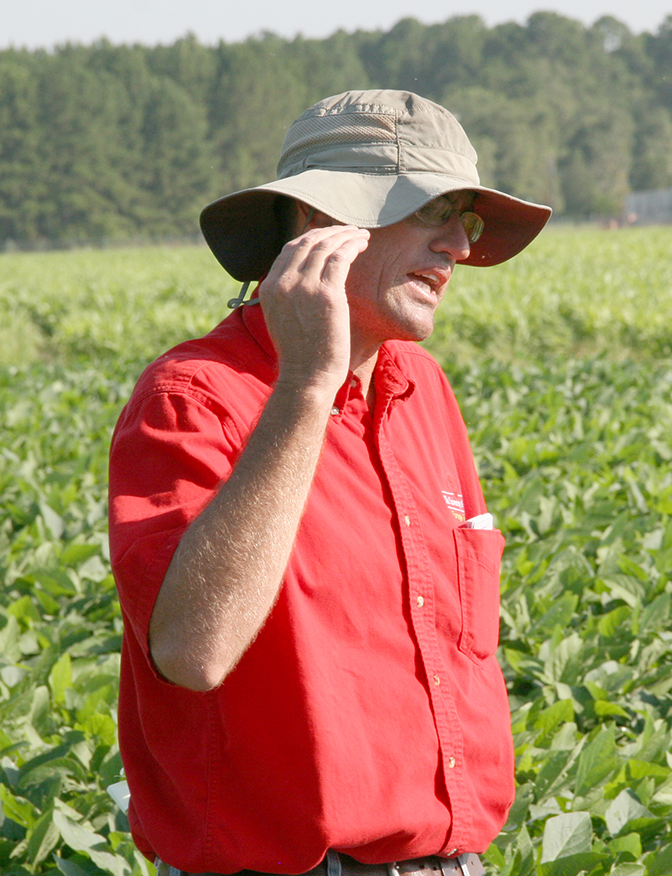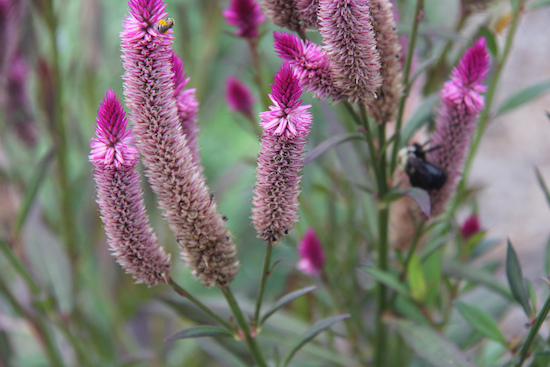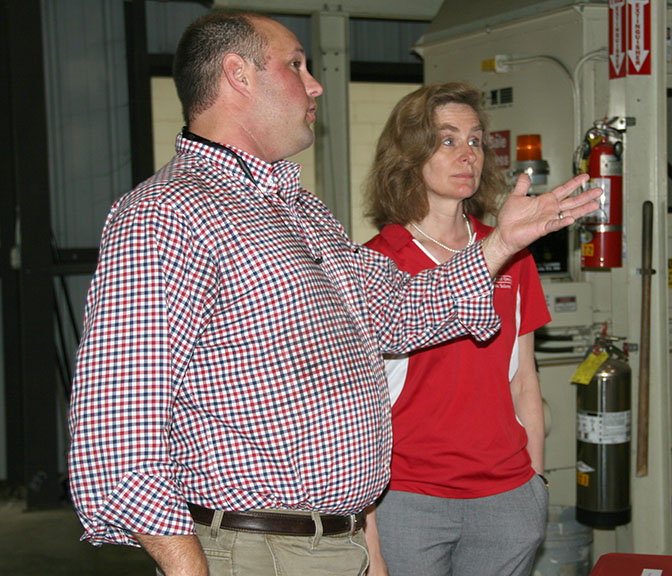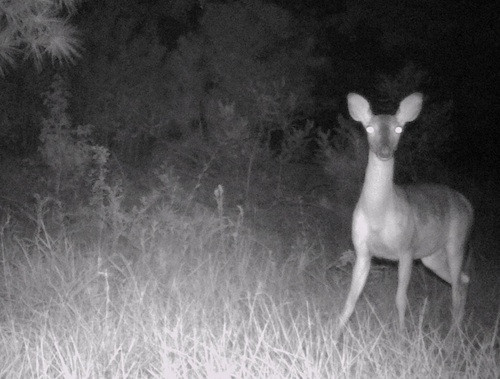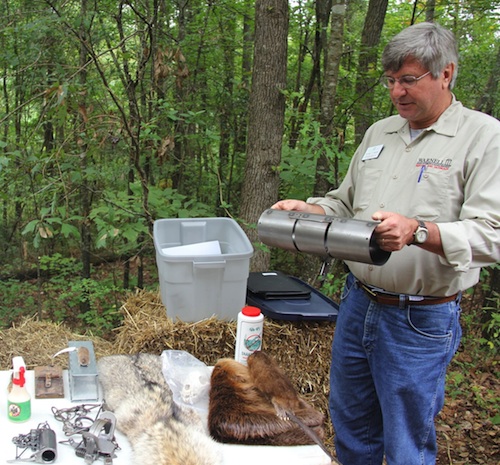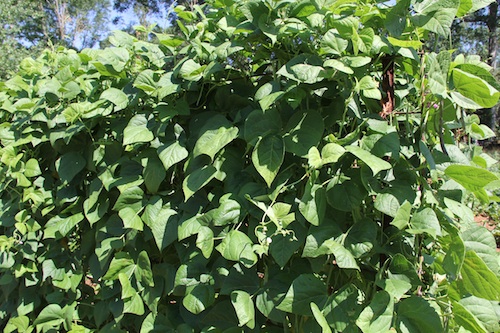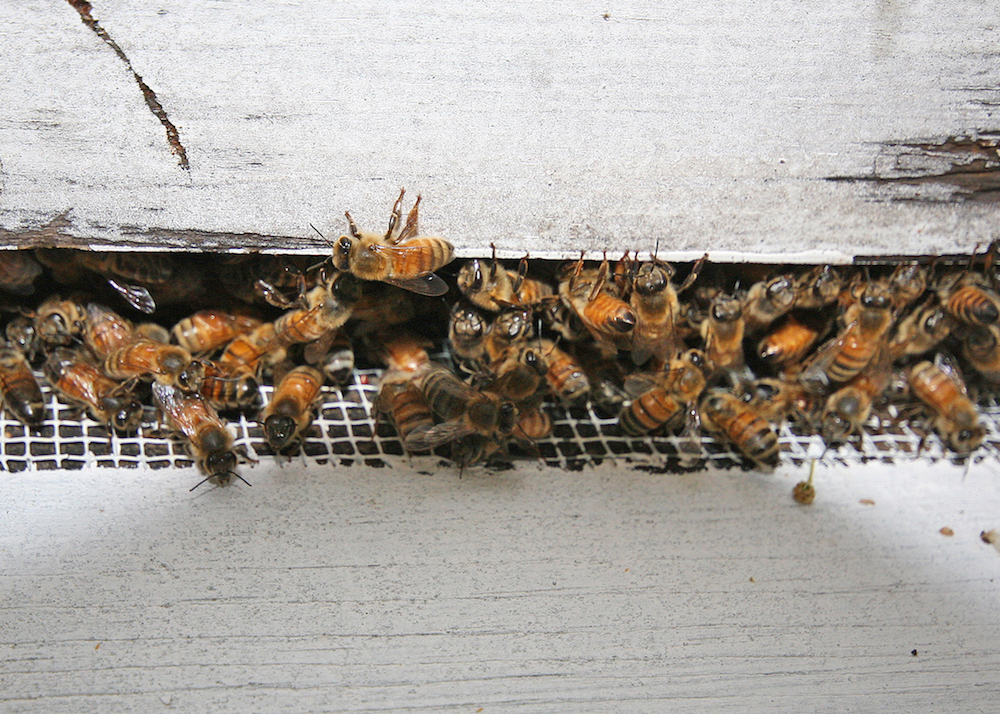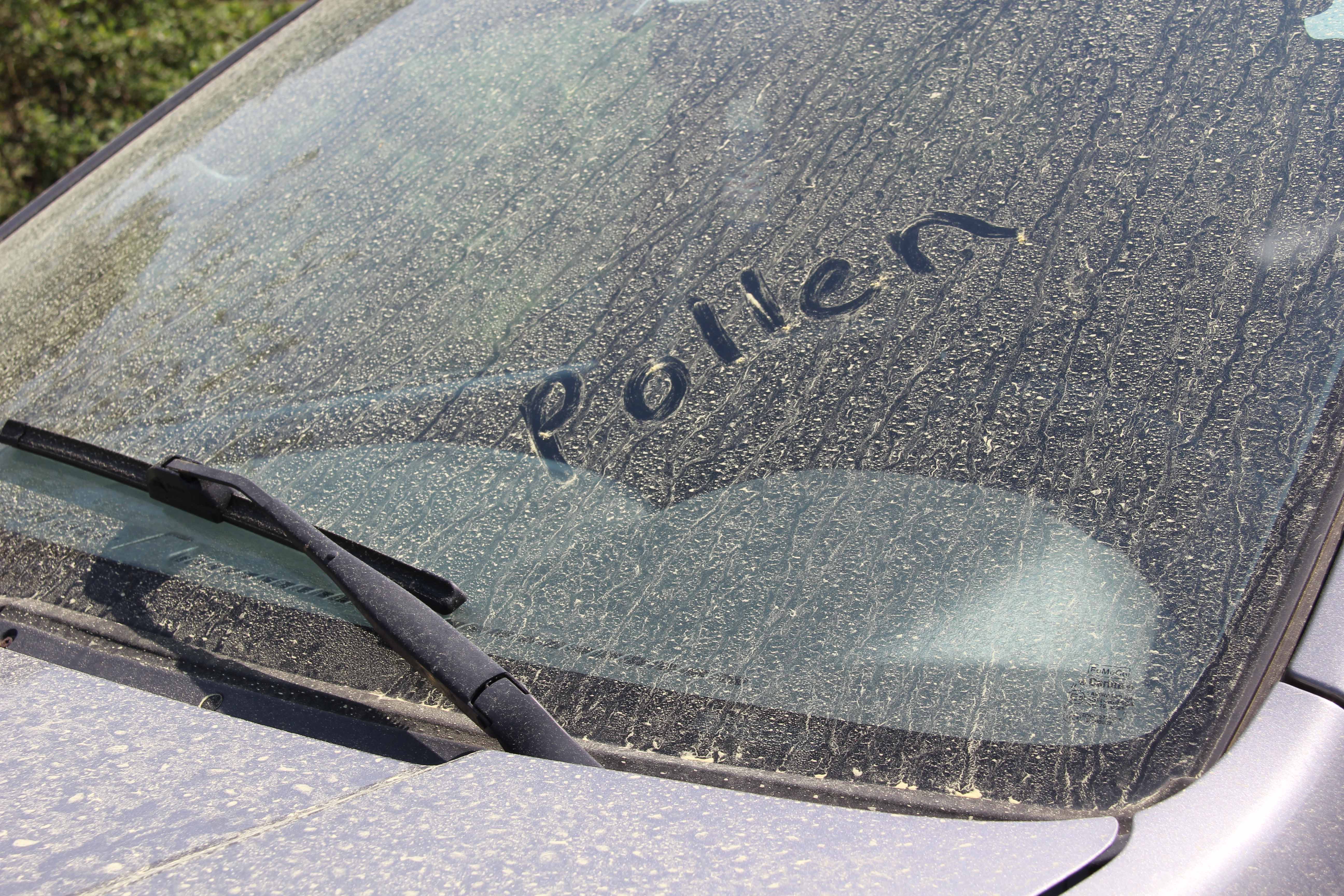 CAES News
CAES News
Pollen Counts
The dusty pollen that we see in the air is not the pollen that plagues allergy sufferers. However, oftentimes when we can see lots of pine pollen floating in the air, pollen counts for problem plants are often high as well.

